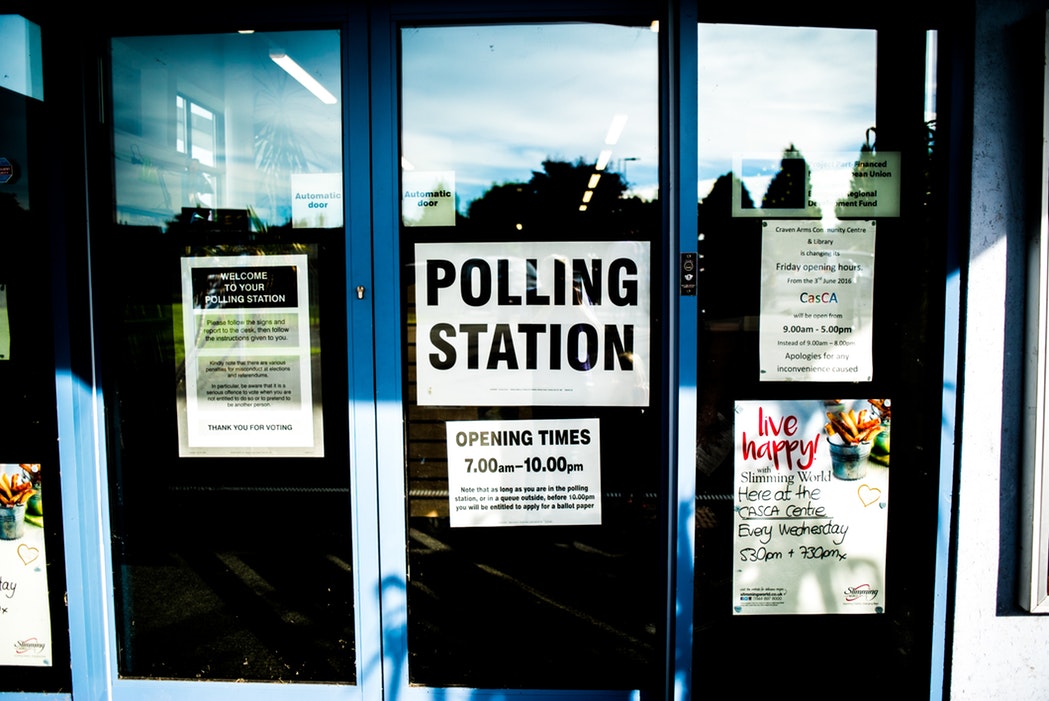You have probably seen plenty of “new year, new me” posts all over social media, heard friends and family talking about their New Year’s resolutions, or possibly written some resolutions of your own. Resolutions invest in our health and wellness, as self-esteem and sense of accomplishment are aspects of emotional, intellectual and even occupational wellness.
According to the pt Health network, a physiotherapy clinic network, “a defined goal … that you can plan, measure the progress of and eventually achieve gives a massive sense of accomplishment and raises our self-esteem.”
Resolutions are goals that are set for the new year based on reflection of the past year. They may also be based on what we would like to see within ourselves and in our communities.
According to the Trumpet Online, West Liberty University’s student news source, “creating a New Year’s resolution makes you take a more conscious role in your future behavior,” whether that be for our own good, or for the better of the world around us.
Dr. Glen Miller, M.D., wrote in an article posted to his website that the new calendar year psychologically changes a person’s mindset. They reflect on the year that has passed, which includes the good, bad and ugly. Maybe some met certain goals, but did not accomplish everything they had set out to.
“The fact that so many people keep making resolutions year after year, even when they do not, or cannot, always follow through on them indicates they have hope and a certain level of belief in their ability to facilitate change, becoming more of who they truly want to be,” Miller said. This, according to the dimensions of wellness described by the Substance Abuse and Mental Health Services Administration, is necessary for spiritual wellness.
“I am goal oriented so, for me, I like New Year’s resolutions,” sophomore early childhood education major Elizabeth Dean said. She explained that although resolutions are a “rough cycle,” she feels “motivated by personal goals and the idea of a fresh start.”
The issue that some people have, according to Miller, is keeping their resolutions. The first step is to make a goal, but the next step is to have a plan of action. According to businessman and author Harvey Mackay, “a dream is just a dream. A goal is a dream with a plan and a deadline.”
Thus, the issue is not the resolutions themselves, but rather a lack of an action plan. Setting SMART goals — goals that are specific, measurable, attainable, relevant and time-bound — can support the sustainability of resolutions. Making SMART goals can help to better outline a plan for taking the next steps towards a resolution.
Piedmont Health suggests sustaining New Year’s resolutions through a support system, a reward system and showing yourself compassion. Resolutions support a person’s health and wellness in various dimensions, and through action, support and compassion, they can be sustained.




